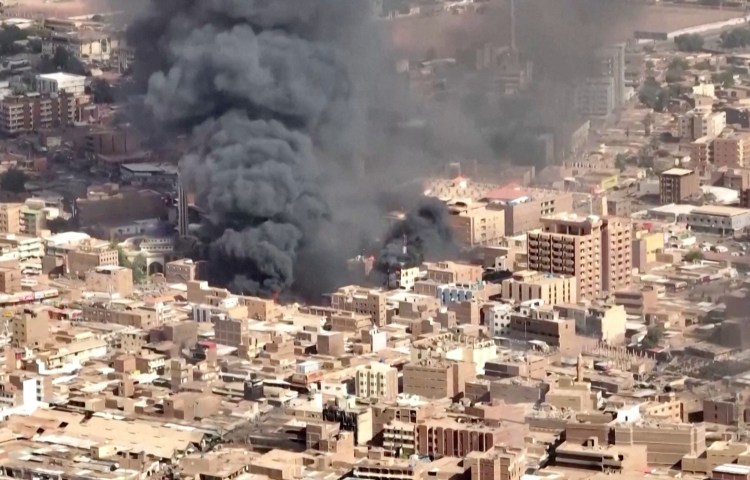
One year into Sudan’s civil war, its media faces grave threats
When fighting erupted in Sudan on April 15 of last year, local journalists quickly ran into difficulties reporting on the conflict roiling their country. As the Sudanese Armed Forces (SAF) and the Rapid Support Forces (RSF) – former allies who jointly seized power in a 2021 coup – engaged in street battles, journalists were assaulted,…

‘Back to the dark ages’: Editor Ataf Mohamed on Sudan’s wartime communications blackout
For the last six weeks, Sudan has been almost totally cut off from the world. Since early February, there has been an internet and telecommunications blackout in the country, where a war between the Sudanese army and the paramilitary Rapid Support Forces (RSF) has killed more than 13,000, displaced millions, and threatens to cause widespread…
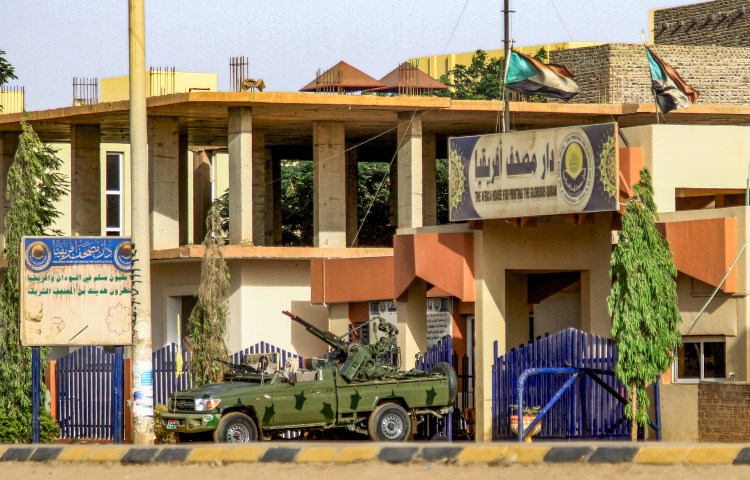
Journalists shot, beaten, and harassed covering conflict between Sudan’s rival military groups
On May 1, freelance Sudanese photographer Faiz Abubaker was filming clashes in Khartoum when, he says, he was shot in the back by the Rapid Support Forces (RSF), a paramilitary group vying for power with the Sudanese military. The RSF then held him for three hours at a checkpoint, where he was threatened at knife point and…
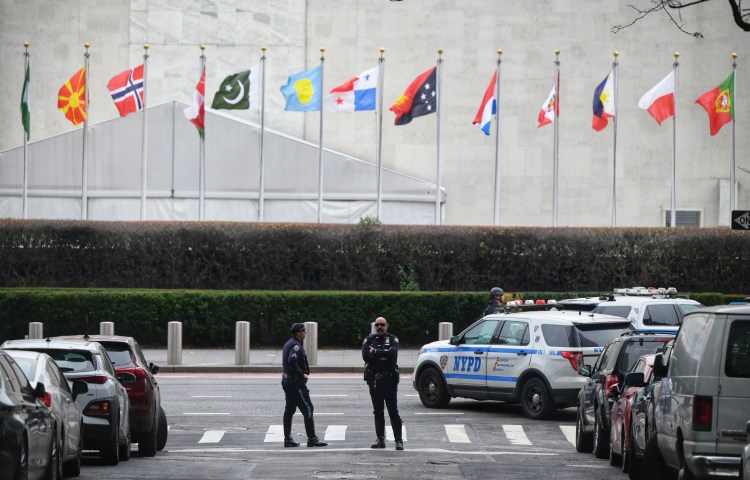
Why the UN’s push for a cybercrime treaty could imperil journalists simply for using the internet
Cybercrime is on the global agenda as a United Nations committee appointed to develop a treaty on the topic plans for its first meeting amid pandemic-related delays. The process is slated to take at least two years, but experts warn that such a treaty – initially proposed by Russia – could hand new tools to…
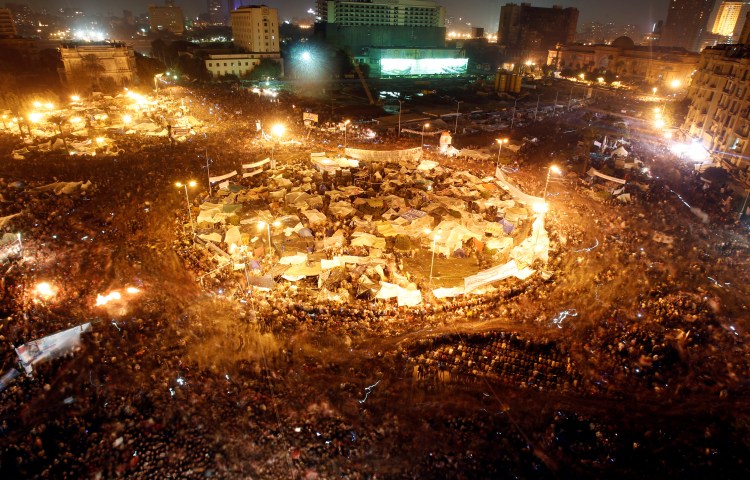
Ten years after the Arab Spring, the region’s media faces grave threats. Here are the top press freedom trends
In early February 2011, Alaa Abdelfattah was in Egypt’s Tahrir Square, documenting and participating in the nascent pro-democracy uprising that would topple the government and transform the country and the region. Today, he is in prison on anti-state and false news charges, which his family believes are partly retaliatory for his work. Abdelfattah is one of…
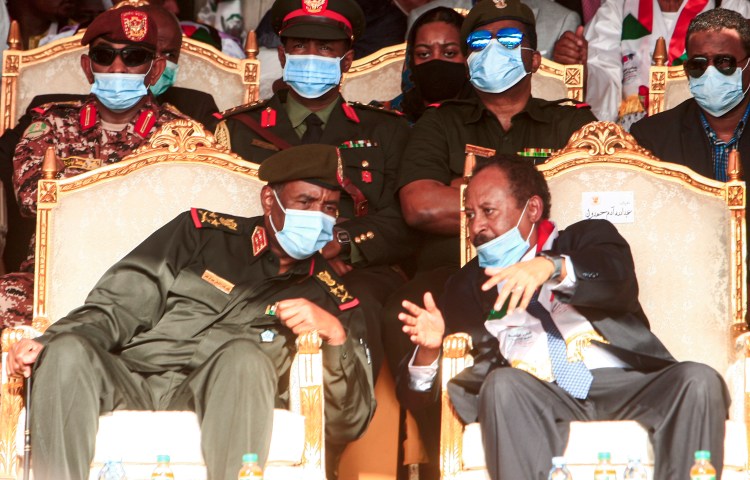
Sudan tightens cybercrime law as army pursues “fake news”
Dura Qambo was on vacation in Egypt in July when a friend called to warn her to stop criticizing the Sudanese army online, she told CPJ. Earlier that day, the army had announced on Facebook that it had appointed a Special Commissioner in May to sue anyone who insults or defames the military on the…
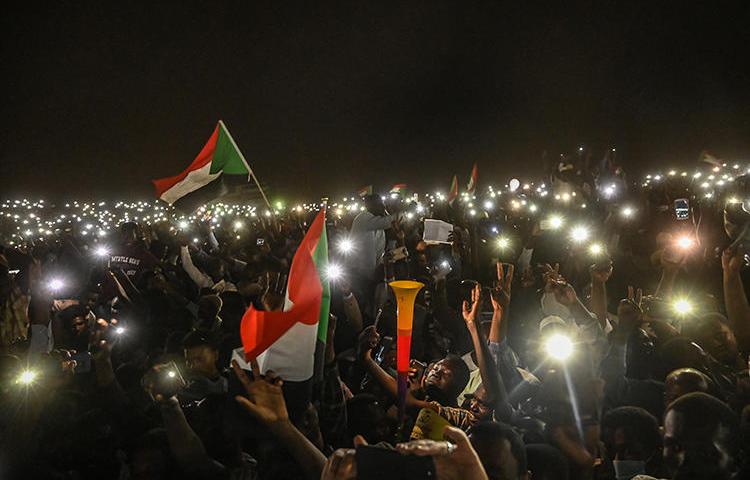
CPJ joins letter urging MTN Group to end participation in internet shutdowns in Sudan
The Committee to Protect Journalists yesterday joined 22 other organizations in signing a joint letter to executives at South African telecommunications company MTN Group, calling on them to end their roles in Sudan’s internet shutdowns.
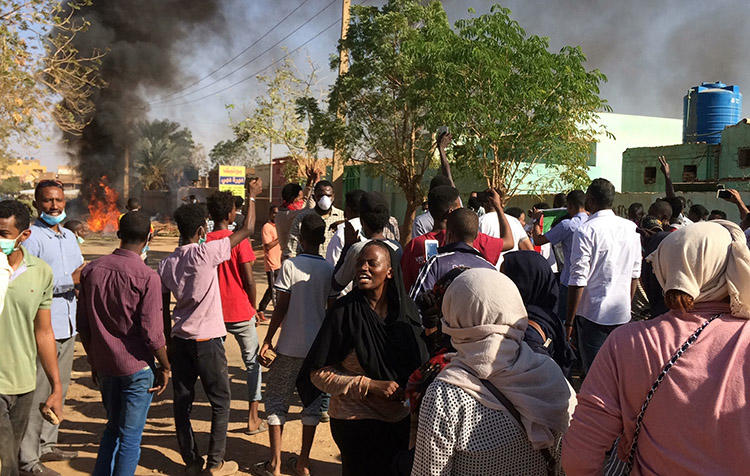
Sudan responds to anti-Bashir coverage with censorship and arrests
“We were all journalists, so we went to work. We wrote about what happened to us that day,” Ashraf Abdelaziz, editor-in-chief of the privately owned al-Jarida daily told me over the phone this week, while recounting how he and his colleagues reported on their own arrest while still in detention.
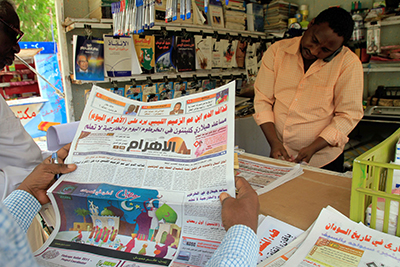
Sudan passes freedom of information law but journalists remain wary
The Sudanese government has boasted that its freedom of information law, passed by parliament at the end of January, will increase transparency by giving citizens the right to access and publish public information. But with a long history of censorship and harassment from authorities, journalists suspect the law will be used as another way to…
Remembering Camille Lepage
“Not sure I can talk about my ‘career’ just yet–I’m still just getting started!” freelance photographer Camille Lepage told the photography site Petapixel in October 2013.Less than a year later, Lepage’s body was found in a car in the Central African Republic, according to news reports citing the French government. She had been traveling with fighters of…